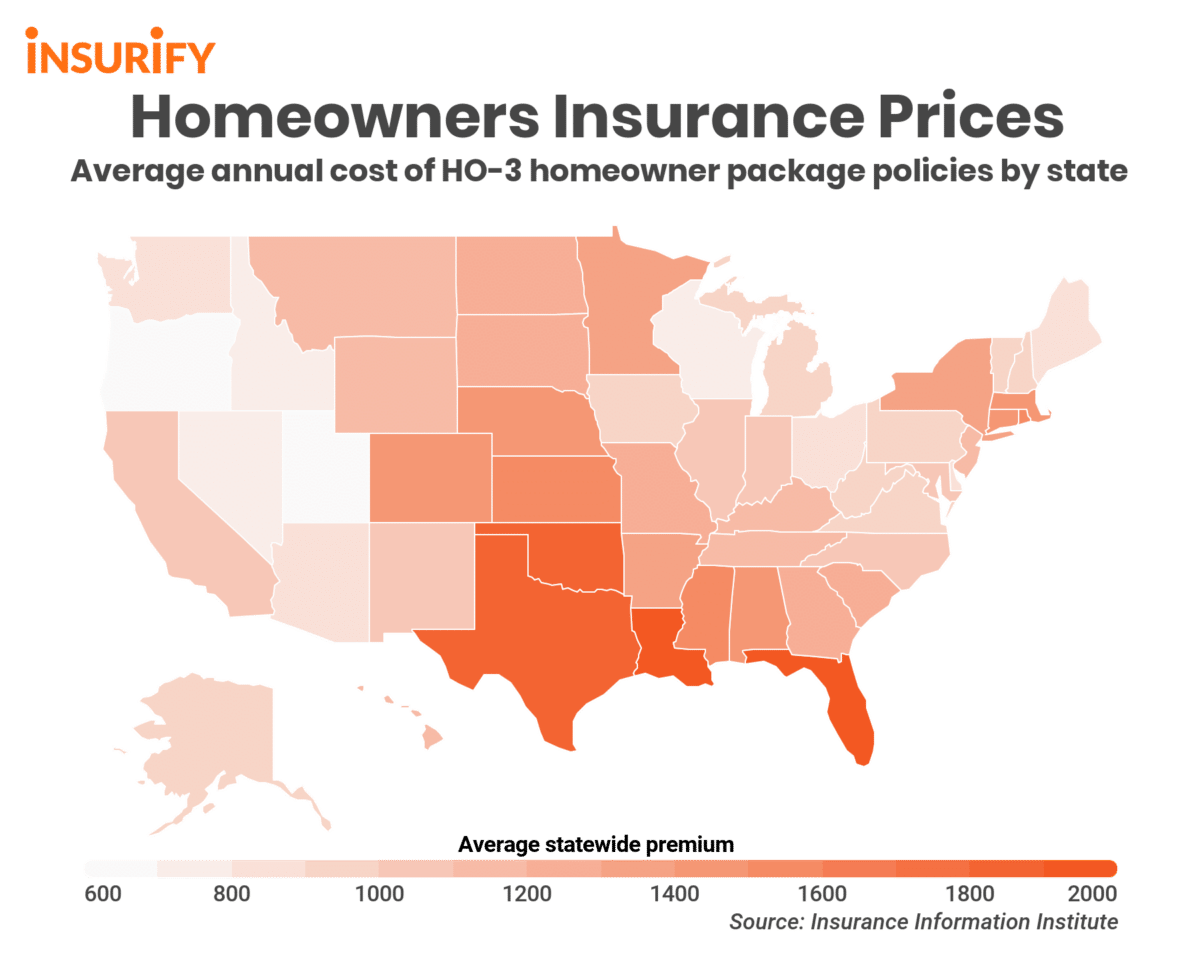
Sometimes, healthcare definitions can be confusing. This information is intended to assist you in understanding the process.
An EPO is an exclusive provider organization, which is a plan that offers both a HMO (prescription only) and a PPO (prescription only). This plan electronically stores your medical records. You will only need the services of providers in your network. You'll pay more for care outside your network. You might also be charged a higher cost sharing.
A health maintenance plan (HMP), is a type insurance program that covers all medical expenses, including coinsurance and deductibles. However, unlike a PPO your benefits do not depend on your network. You will only be covered for the services rendered by providers outside your network.
The Patient as a Partner Approach is a way of engaging patients in the healthcare process. It acknowledges that the patient's experiential knowledge is just as important as the scientific knowledge that the HCP has. Patients are encouraged to take part in their own care. A patient might choose to consult with a doctor by phone or get a second opinion.

Electronic Medical Records (EMR) are computerized systems that store all of your clinical data. These records are used to record and monitor your healthcare, and include a copayment and deductible.
Behavioral Healthcare refers specifically to a range treatment options for substance abuse or mental illness. These include counseling, medication management, and other options. Both ambulatory and hospital emergency rooms can offer behavioral healthcare.
Electronic prescribing allows pharmacists to electronically share patient records. Electronic prescribing utilizes computerized systems that transfer prescription information from a physician to a pharmacist.
Your claims may be reviewed by insurance companies before being paid. If the claim meets all requirements, the insurer may reimburse you. Some insurance plans require you to precertify or authorize before you can receive specific procedures.
HIPAA, also known as the Health Information Privacy Act (or HIPAA), seeks to establish security standards that allow for the safe exchange of sensitive data. It is enforced through the Department of Health and Human Services and Centers for Medicare and Medicaid Services.

The Affordable care Act (ACA), mandates that health plans must provide basic coverage. These levels depend on your household's income, dependents, and government assistance.
Your annual healthcare deductible is the maximum you can pay for each year. For instance, if you have an accident or suffer from a major illness, your deductible limits the amount of healthcare that you can spend before your insurance kicks in. This does not include visits to hospitals or doctors out of network. If you are hospitalized, your maximum deductible is the amount that you pay for care while you are there.
You can also use your HSA funds to pay for any healthcare expenses your plan doesn't cover. HSAs allow you to use tax-advantaged savings funds to pay for healthcare services not covered under your health plan.